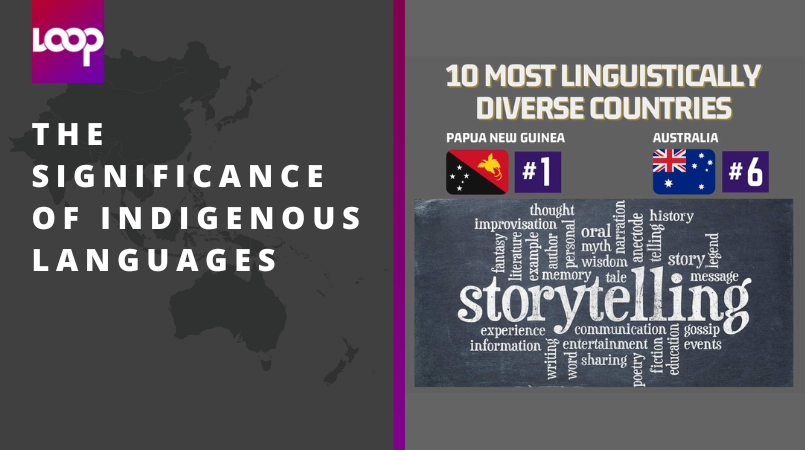
Today marks the celebration of World Book Day and Copyright Day, with this year's theme designated by UNESCO as Indigenous Languages.
The occasion provides an opportunity to reflect on the importance of books and reading, as well as the protection of intellectual property rights.
UNESCO has identified Papua New Guinea (PNG) as the world's most linguistically diverse country, with Australia ranking sixth on the list. This recognition underscores the rich cultural diversity within these nations, as reflected in their languages and literature.
It is worth noting that PNG's history and traditions were primarily communicated orally through different languages, with oral storytelling being the primary means of passing on knowledge and cultural practices.
However, written literature has gradually been introduced and has provided new opportunities for Papua New Guineans to share their stories with a broader audience and preserve their cultural heritage.
The celebration of World Book Day and Copyright Day also serves as a reminder of the importance of protecting the rights of creators, as well as recognising the value of indigenous languages and their contribution to the literary world. This year's theme highlights the significance of various forms of literature, including oral literature, in many cultures, particularly those of indigenous peoples.
